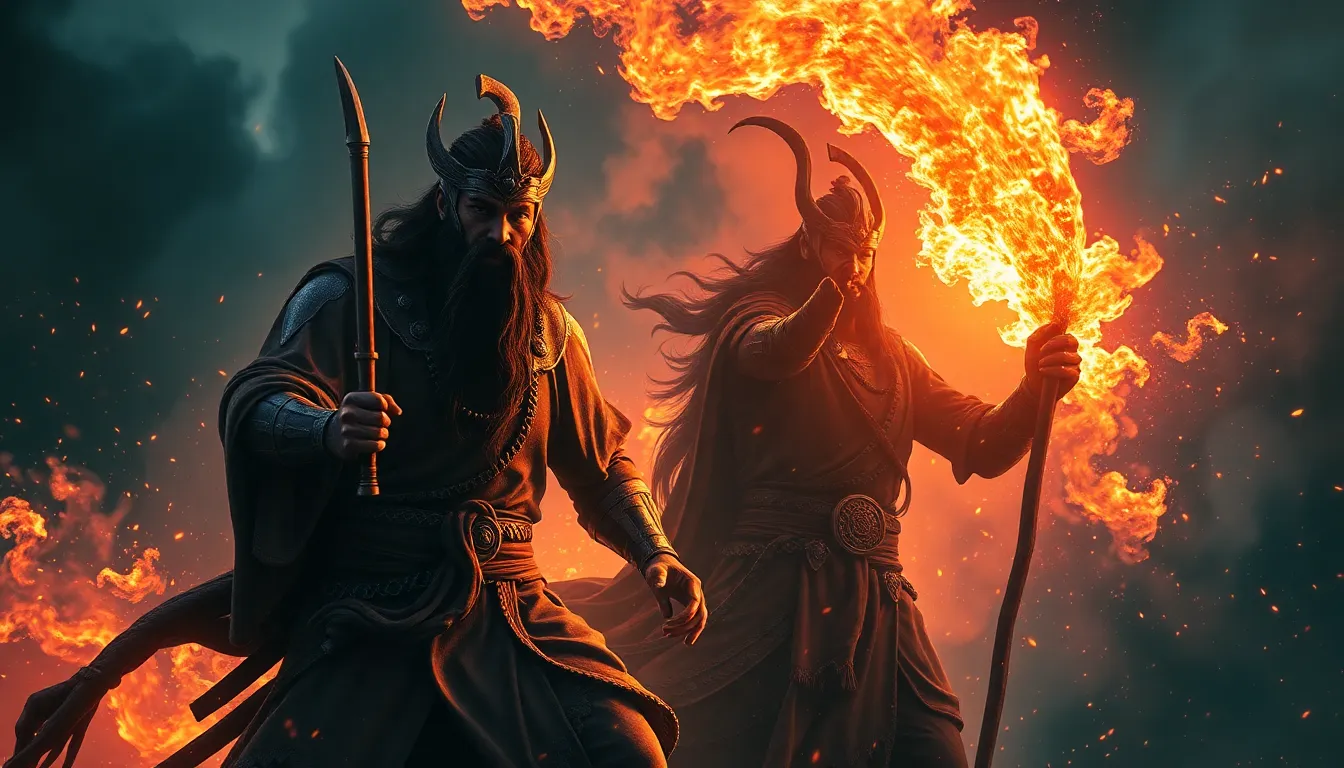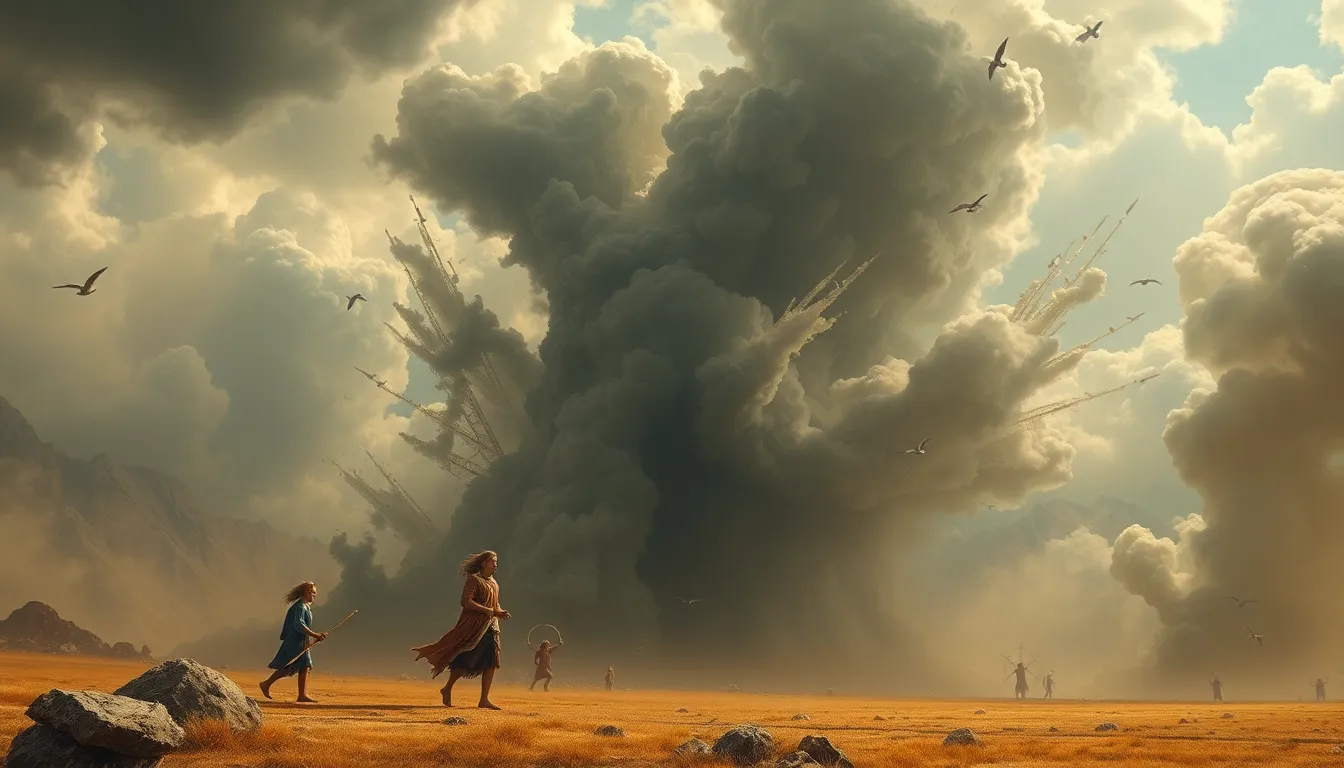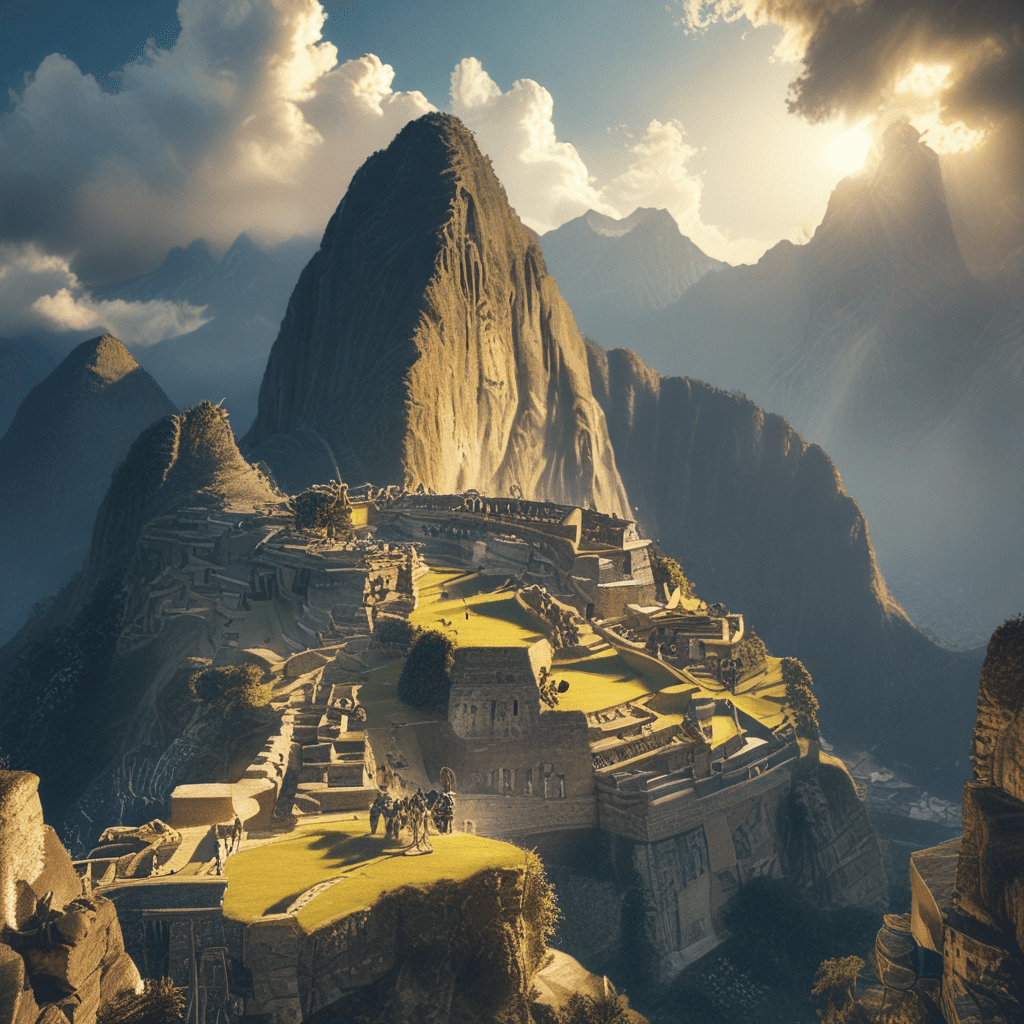The Power of Cultural Heroes: Myths That Resonate
I. Introduction to Cultural Heroes
Cultural heroes are individuals who embody the values, ideals, and aspirations of a society. They often emerge from myths, stories, and historical narratives that resonate with people, serving as sources of inspiration and guidance. These heroes are essential in shaping societies, as they provide frameworks for understanding human experience and navigating the complexities of life.
This article aims to explore the significance of cultural heroes and the myths surrounding them. It will delve into their roles in human experience, their characteristics, their societal impacts, and the evolution of cultural heroes in the digital age. By examining contemporary figures and the darker side of hero worship, we will also consider how to cultivate new heroes for future generations.
II. The Role of Myths in Human Experience
Myths and storytelling have been integral to human civilization for millennia. They serve not only as entertainment but also as vehicles for imparting wisdom and cultural values. Historically, myths have played several crucial roles:
- Providing explanations for natural phenomena and human behavior.
- Creating shared narratives that foster community and belonging.
- Offering moral lessons and ethical frameworks for individuals to navigate their lives.
Psychologically, myths offer comfort and a sense of belonging, addressing our innate need for connection and understanding. They link individuals to a collective identity, reinforcing social bonds and cultural continuity.
III. Characteristics of a Cultural Hero
Cultural heroes typically possess certain traits and attributes that make them relatable and admirable. Common characteristics include:
- Courage in the face of adversity.
- A strong moral compass and a commitment to justice.
- Resilience and the ability to overcome challenges.
- Connection to the community and a willingness to sacrifice for the greater good.
The journey of a hero often follows a three-part structure: departure, initiation, and return. This journey encapsulates the hero’s challenges, growth, and ultimate contribution to society. Examples of cultural heroes include:
- Hercules: The Greek demigod known for his strength and heroic feats.
- Mulan: The Chinese warrior who disguises herself as a man to take her father’s place in battle.
- Nelson Mandela: The South African leader who fought against apartheid and became a symbol of reconciliation.
IV. The Impact of Cultural Heroes on Society
Cultural heroes significantly influence societal values and morals. They serve as exemplars of what is possible and inspire individuals and communities to strive for greatness. The impact of cultural heroes includes:
- Inspiring social movements and advocating for change.
- Serving as symbols of hope and resilience in difficult times.
- Encouraging individuals to embody the virtues represented by these heroes.
V. Case Studies of Contemporary Cultural Heroes
In today’s world, contemporary figures such as Malala Yousafzai and Greta Thunberg have emerged as powerful cultural heroes. Their narratives highlight key themes of courage, activism, and the fight for justice:
- Malala Yousafzai: A Pakistani education activist who survived an assassination attempt and advocates for girls’ education globally.
- Greta Thunberg: A Swedish climate activist whose passionate speeches have galvanized a global movement for climate action.
These figures resonate with youth and inspire activism, demonstrating the global impact of cultural heroes in shaping societal narratives and encouraging participation in pressing issues.
VI. Myths and the Construction of National Identity
Cultural heroes also play a critical role in shaping national narratives. They become symbols of a nation’s values and aspirations, contributing to a collective identity. For instance:
- National heroes are often celebrated in folklore, literature, and public ceremonies.
- Mythology aids in nation-building by fostering a sense of unity and purpose.
- Comparative analysis shows that various cultures have their own unique heroes that embody national ideals.
VII. The Evolution of Cultural Heroes in the Digital Age
The advent of social media has transformed the landscape of myth-making and heroism. The digital age has given rise to grassroots heroes and digital activism, where individuals can quickly gain recognition for their contributions. This evolution presents several implications:
- Social media amplifies voices that might otherwise go unheard.
- Grassroots movements can lead to significant social change.
- The nature of cultural heroes is becoming more diverse and inclusive, reflecting a broader spectrum of experiences.
VIII. The Dark Side of Cultural Heroes
While cultural heroes can inspire and uplift, there is a darker side to idolization. The potential for hero worship can lead to:
- Disillusionment when heroes fail to meet expectations or when scandals arise.
- Historical examples of fallen heroes, such as political figures and celebrities, illustrate the risks of uncritical engagement.
- It is crucial to maintain a critical approach toward cultural narratives, recognizing the complexities of human experience.
IX. Cultivating New Cultural Heroes for Future Generations
Identifying and nurturing emerging figures in society is vital for cultivating new cultural heroes. This process involves:
- Encouraging diverse representations in cultural narratives.
- Utilizing education and storytelling to highlight the contributions of less recognized individuals.
- Fostering environments where young people can become heroes in their communities.
X. Conclusion: The Enduring Power of Myths and Heroes
The significance of cultural heroes and the myths surrounding them cannot be overstated. They shape our identities, inspire movements, and guide societal values. As we navigate contemporary challenges, there is a pressing need to embrace and create new myths that resonate with future generations.
By recognizing the enduring power of these narratives and the cultural heroes they celebrate, we can foster resilience and hope in an ever-changing world.



